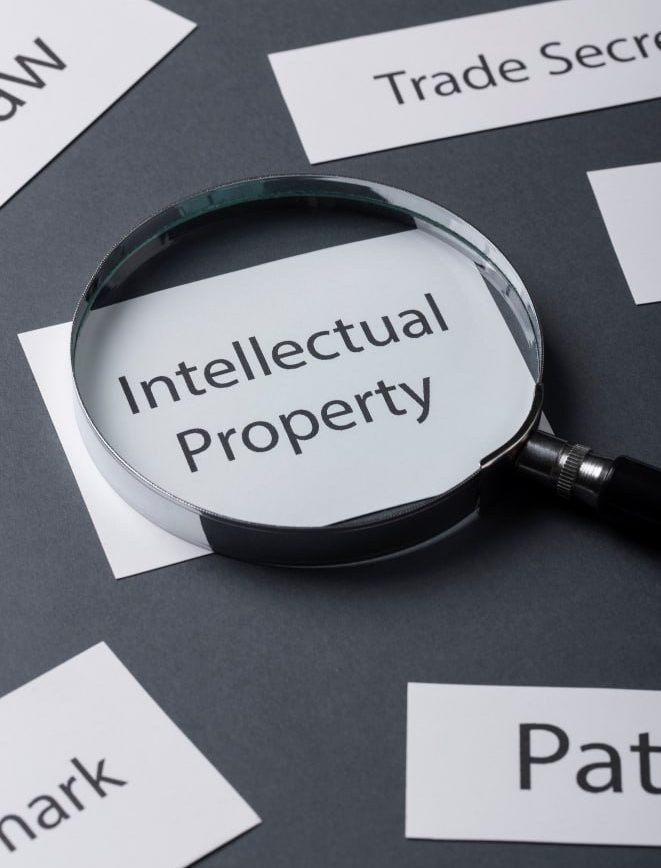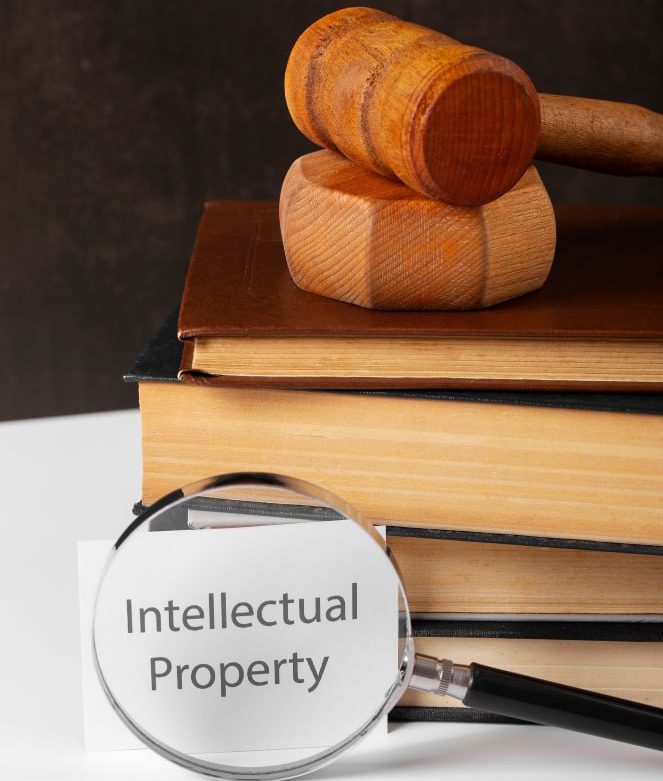Intellectual property (IP) includes creations of the mind, such as inventions, designs, and artistic works, which are legally protected. IP rights grant creators exclusive control and benefits from their innovations. Patents cover new inventions, trademarks protect brand identifiers, copyrights apply to original works like literature and art, and trade secrets safeguard confidential business information. These protections help encourage creativity and innovation by ensuring that creators can benefit from their intellectual contributions.
Why think about protecting intangible assets?
Protecting intangible assets, such as intellectual property, is crucial for several reasons. First, it ensures that your innovations, brand identity, and creative works are legally protected from unauthorized use or theft, allowing you to maintain a competitive edge in the market. Second, it helps secure your investments in research, development, and marketing by preventing others from copying or misusing your ideas. Third, safeguarding intangible assets can enhance your business’s value, attract investors, and provide legal recourse if disputes arise.















